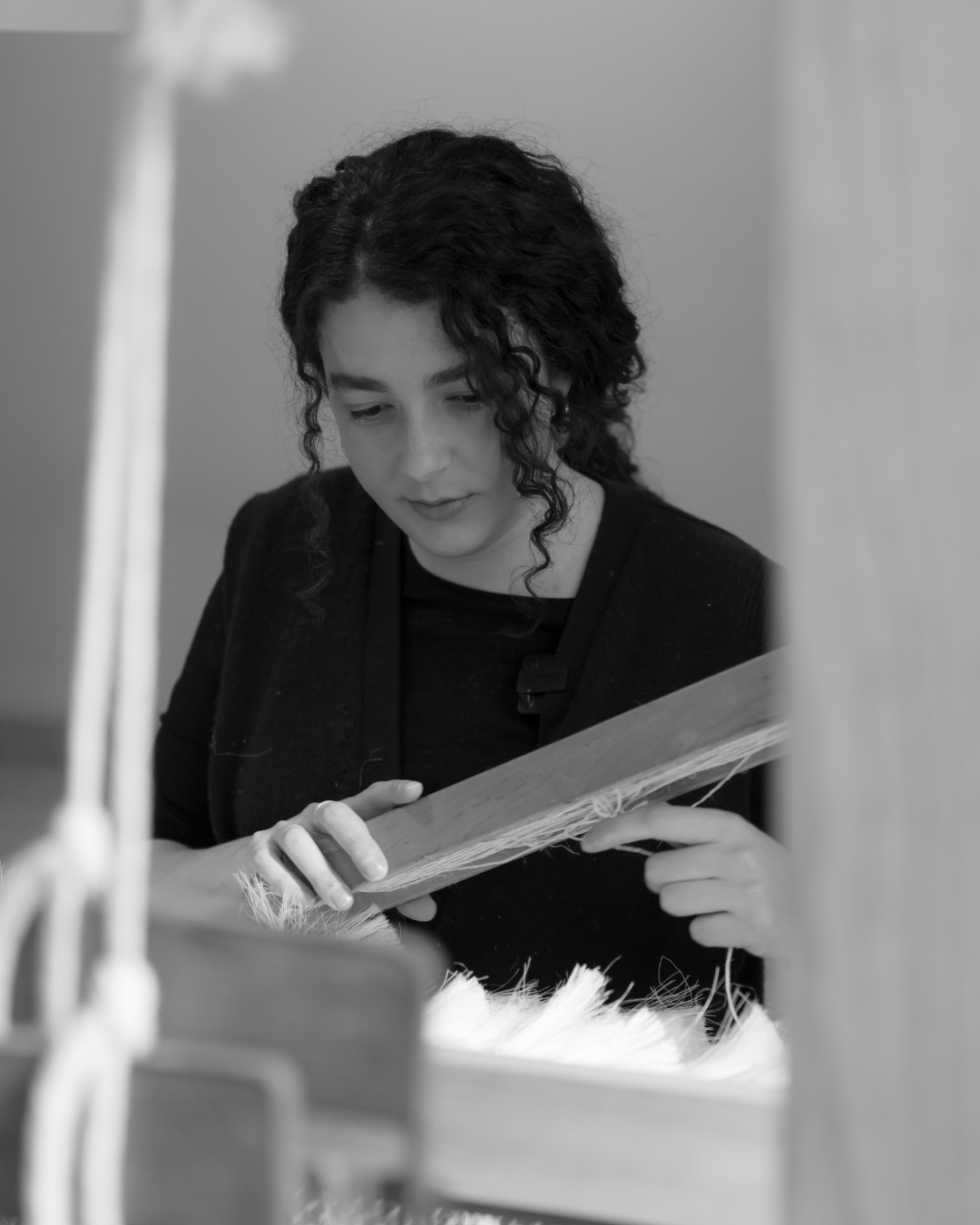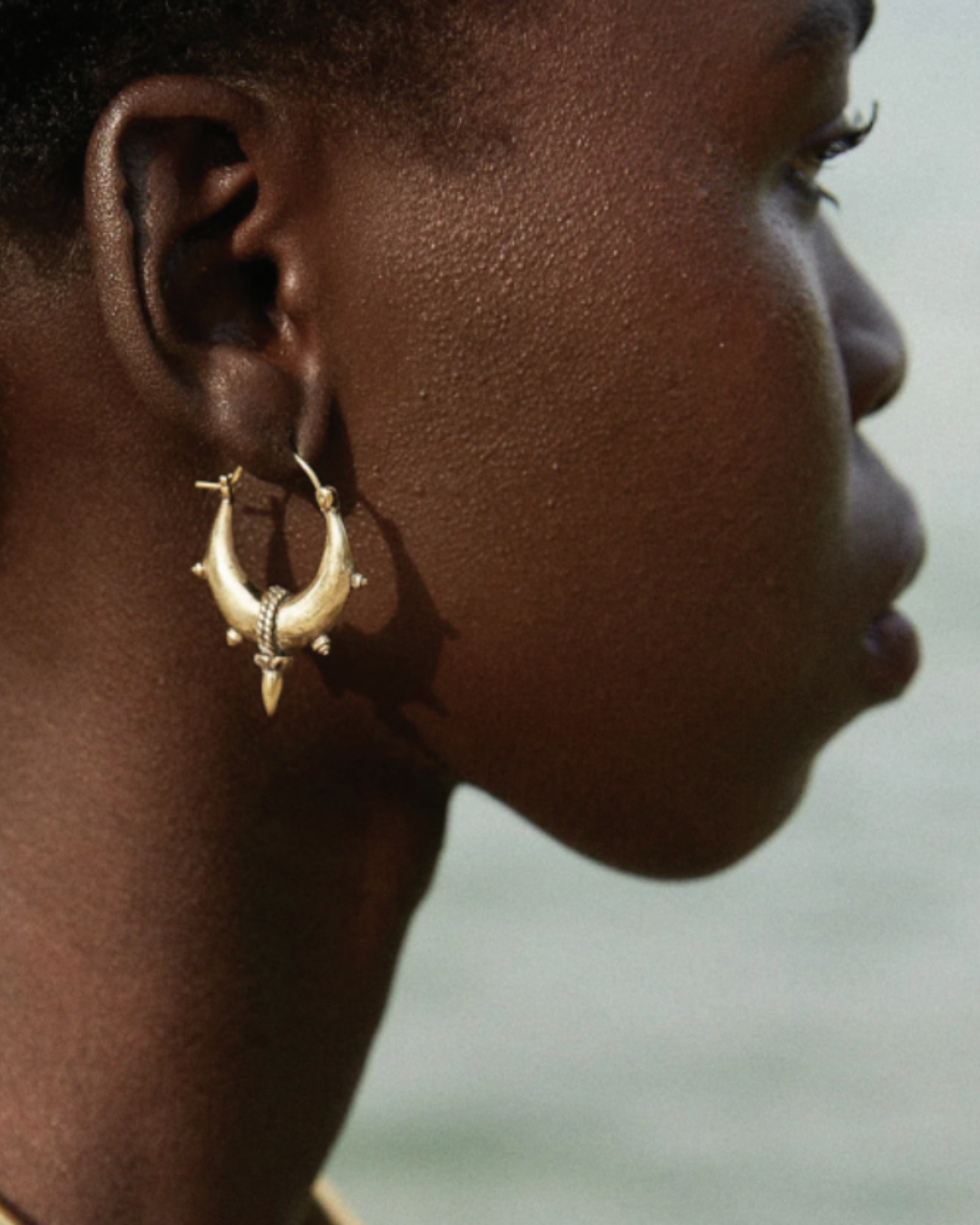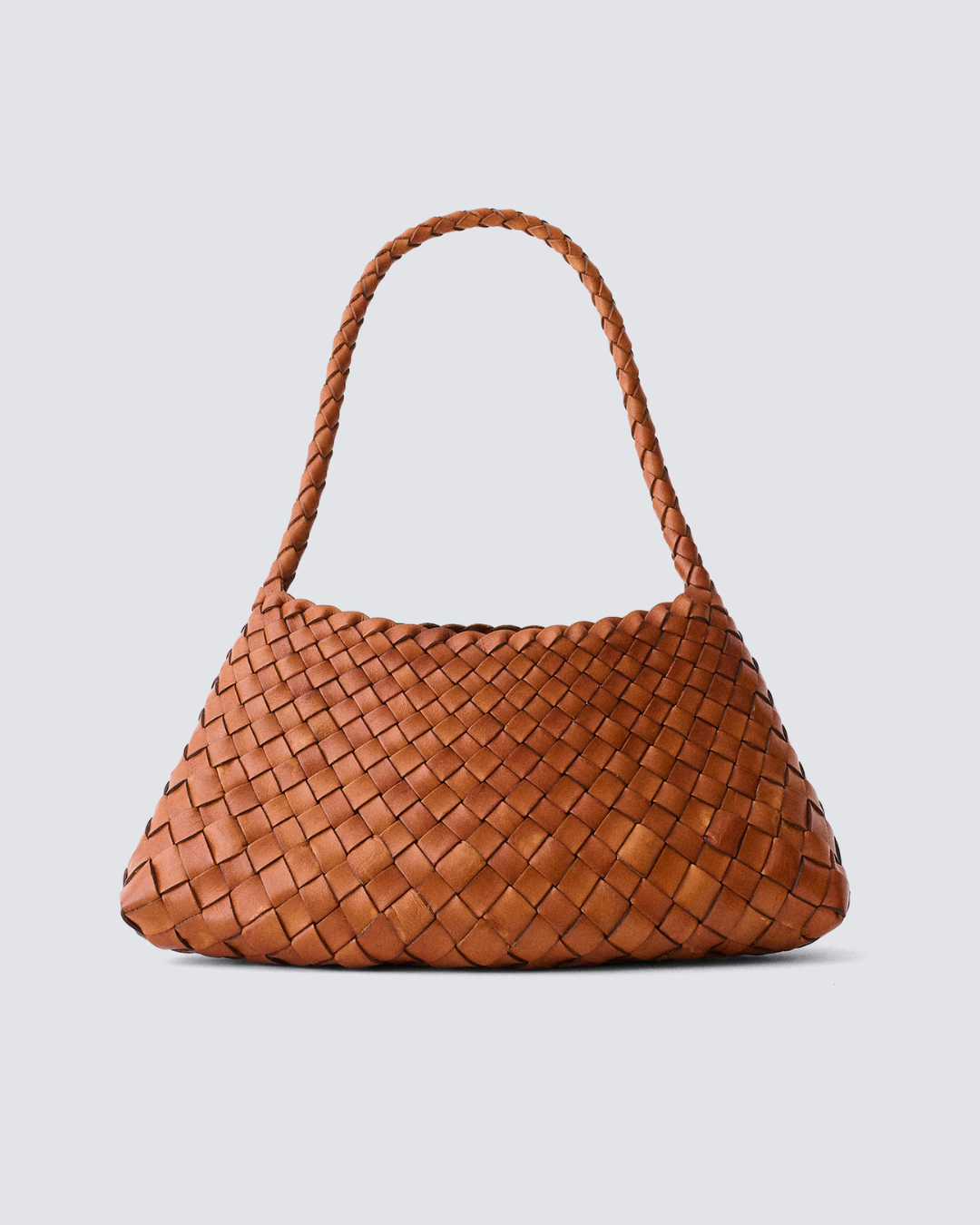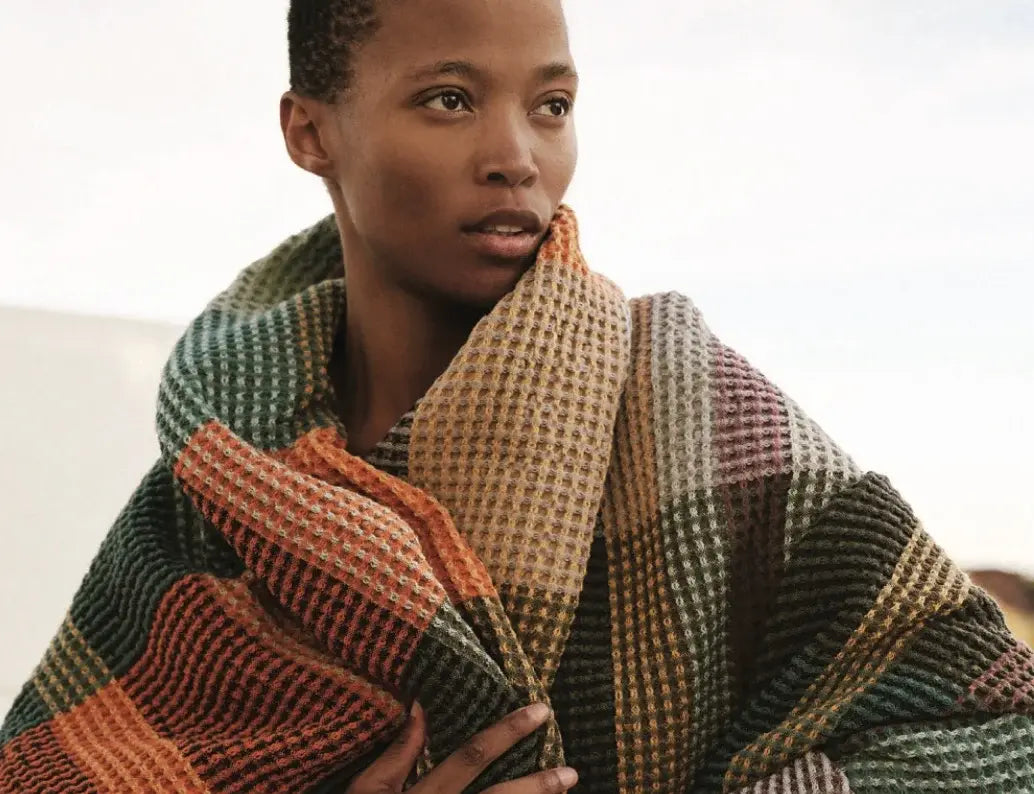
Work-Life Balance? You'll Find it at the Mill by the Sea
For South Africa's Mungo, some things are more important than chasing profits
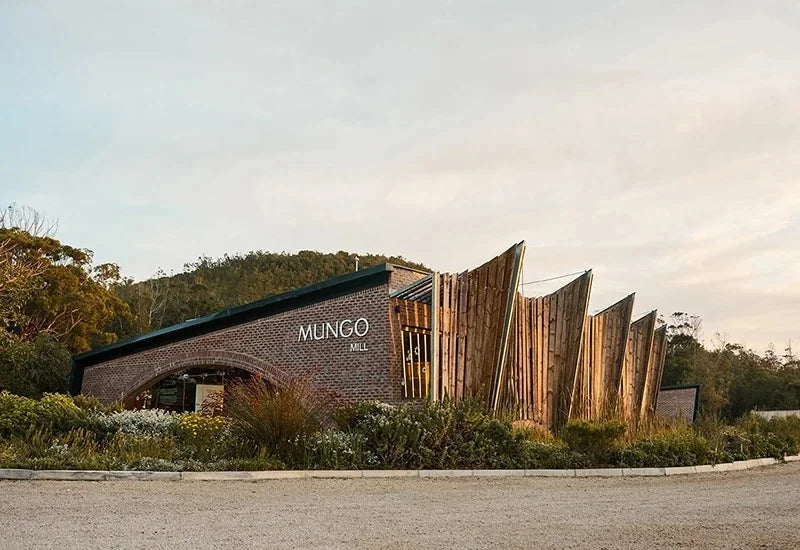
So, what do you want to do with your life?
When Dax Holding’s father, Stuart, asked himself that question back in the day, he knew what he didn’t want to do. Work in a South African textile factory like the one he came up in during the 1960s–cavernous, stale air, no natural light, 12-hour shifts running back to back, 24 hours a day.
So he relocated to Plettenberg Bay, where the subtropical forests meet the coast. You can imagine the beauty. He launched Mungo in 1997 as a mom-and-pop shop, reimagining what his life–and career–could be. A master weaver, Stuart made textiles in an old barn and his wife Jen sold them in her adjoining storefront. It was the kind of inviting, work-from-home arrangement so many of us now pine for.
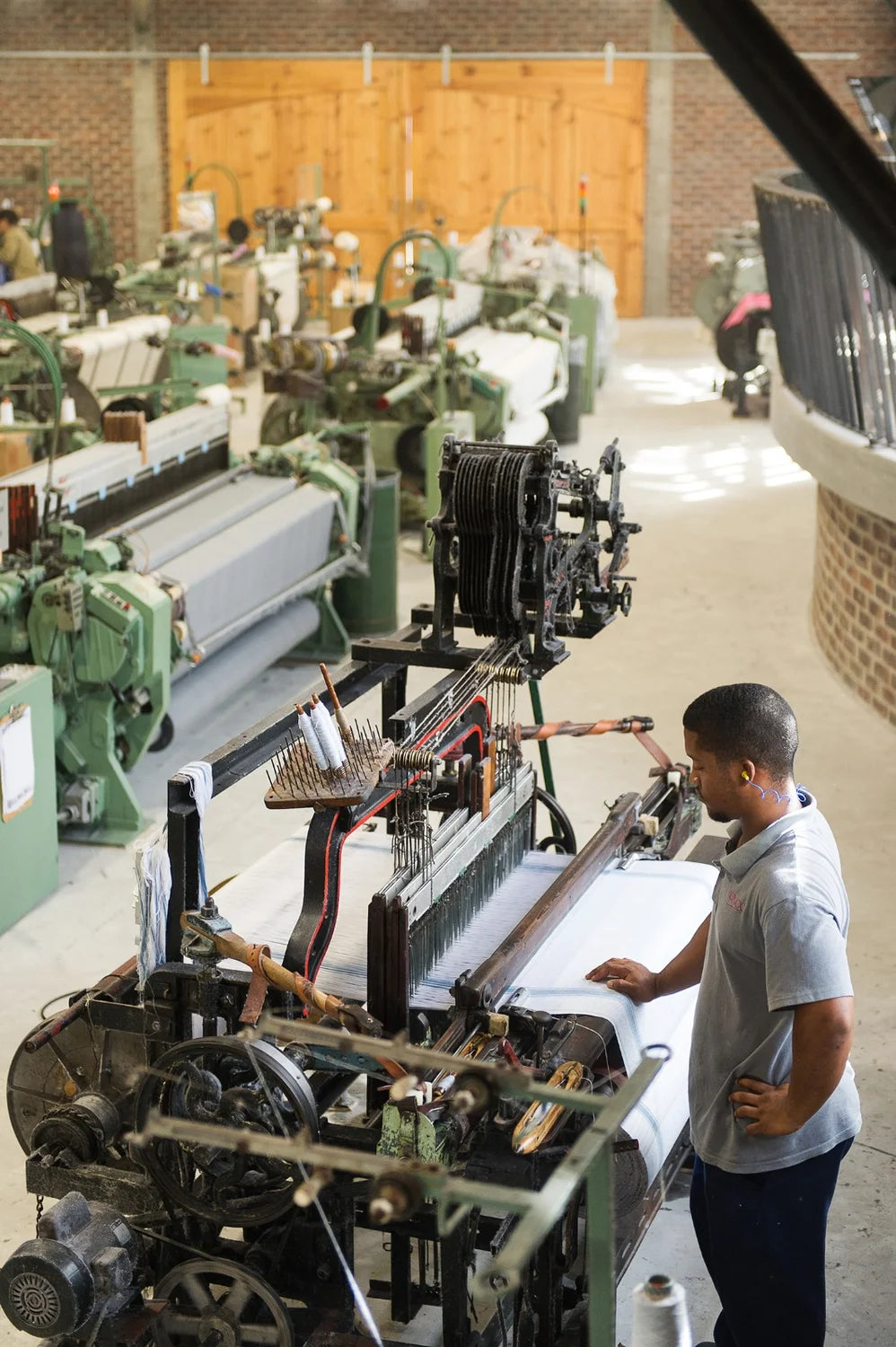
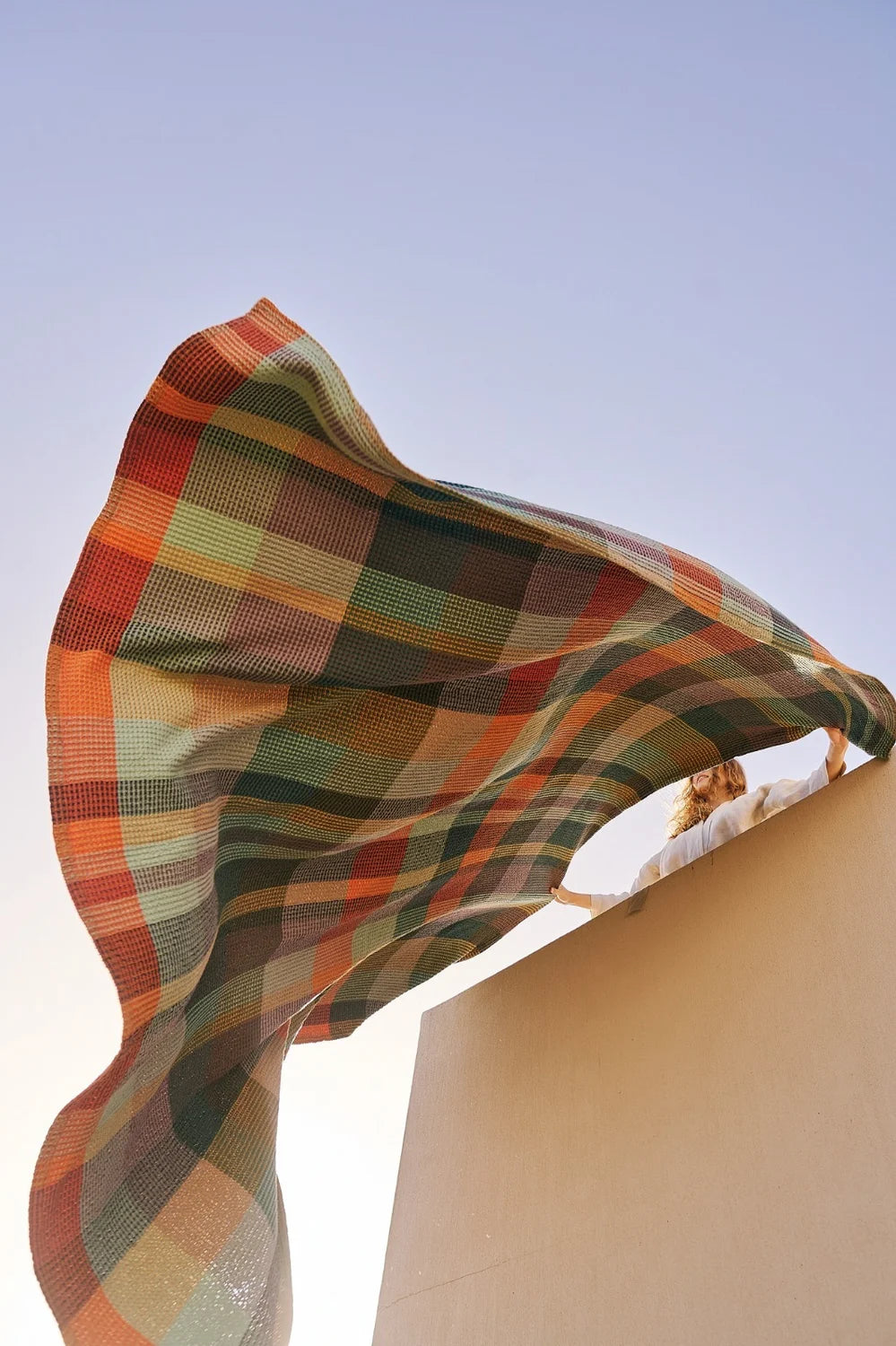
“When I look at the word sustainability, I like to flip it around,” Dax says, “The ability to sustain. I think that gives it more meaning.” Dax now runs Mungo, a mom-and-pop that has evolved into a global brand. But Dax hasn’t abandoned his father’s ethos for the company. When it came time to build a proper mill for Mungo to produce its heirloom-quality textiles on vintage looms, he and Stuart recruited their friend, Italian architect Andrea Christoforetti. He reconceived what their workspace could be—double-height ceilings, a bold brick structure wrapped in wood webbing—and he urged them to position the new mill at the front of their property, so as to attract curious visitors. They knew he was right and Mungo’s headquarters is now open to all comers for tours and visits.
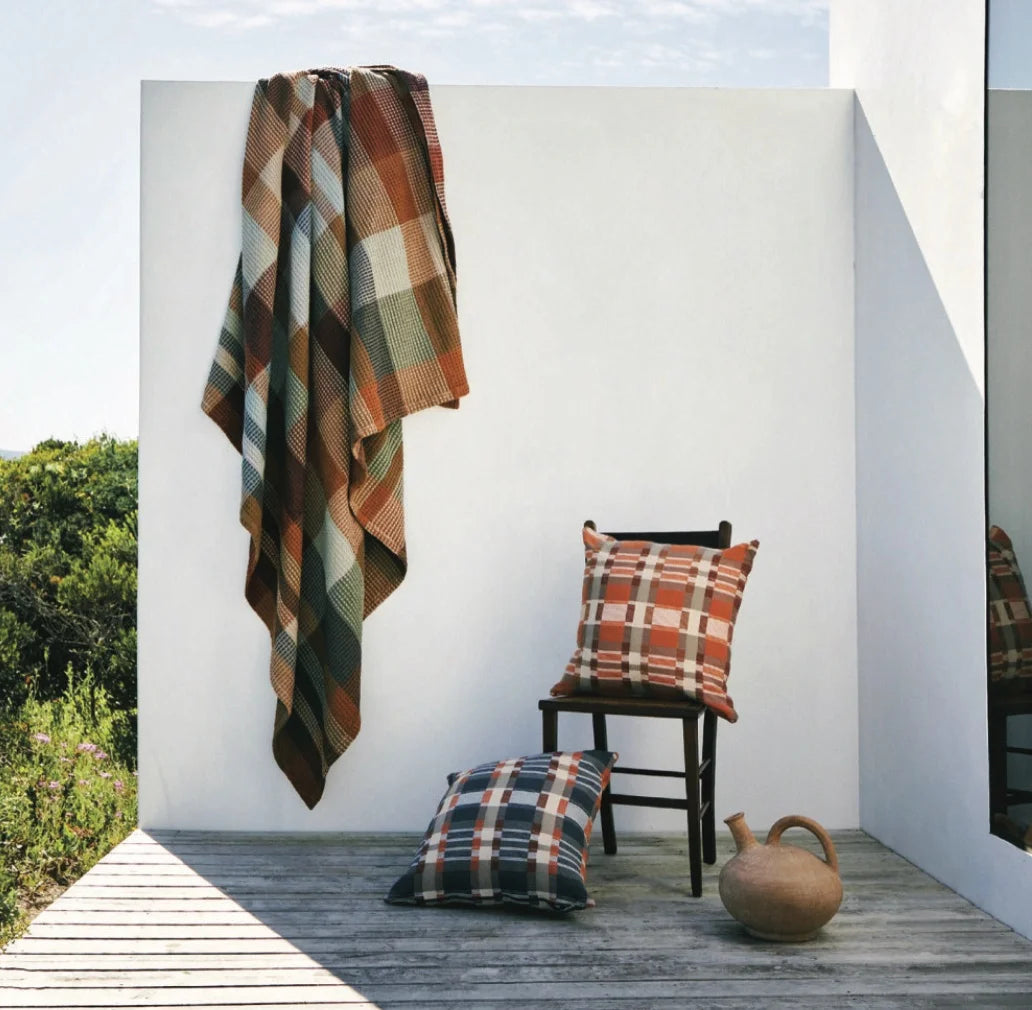
“The concept of transparency is something we strongly believe in,” Dax says. “It’s so important to know where stuff is coming from and how it’s made. You’re less likely to throw something away if you know how much effort and resources went into crafting it.”
Today, Mungo operates one eight-hour shift a day, providing shuttle service to many of its 70 workers from the nearby village of Conan. With three stores in South Africa and a growing business world wide, Dax realizes that shifts might need to expand as the company does. But that decision will be made with a sustainable lifestyle in mind. “We’re not a hugely profitable business,” Dax says, “but we only need what we need. I’d rather go for a surf than sit around making more money. I understand value and wealth, but it needs to be proportional to what you as a human being actually need to be happy. Ultimately, what we’re doing with Mungo is trying to build a richer life.”
This article was originally printed in our Crafted journal. To view the entire issue, click here.
The Woven Wall
For Mexico-based maker KREYÉ, the artistry of craft represents both beauty and commerce
Read moreKenya Calling
In Nairobi, makers are achieving global reach. MASTERCARD FOUNDATION is providing their pathway
Read moreObject of Desire
Cult maker DRAGON DIFFUSION proves that craftsmanship is the ultimate luxury
Read more